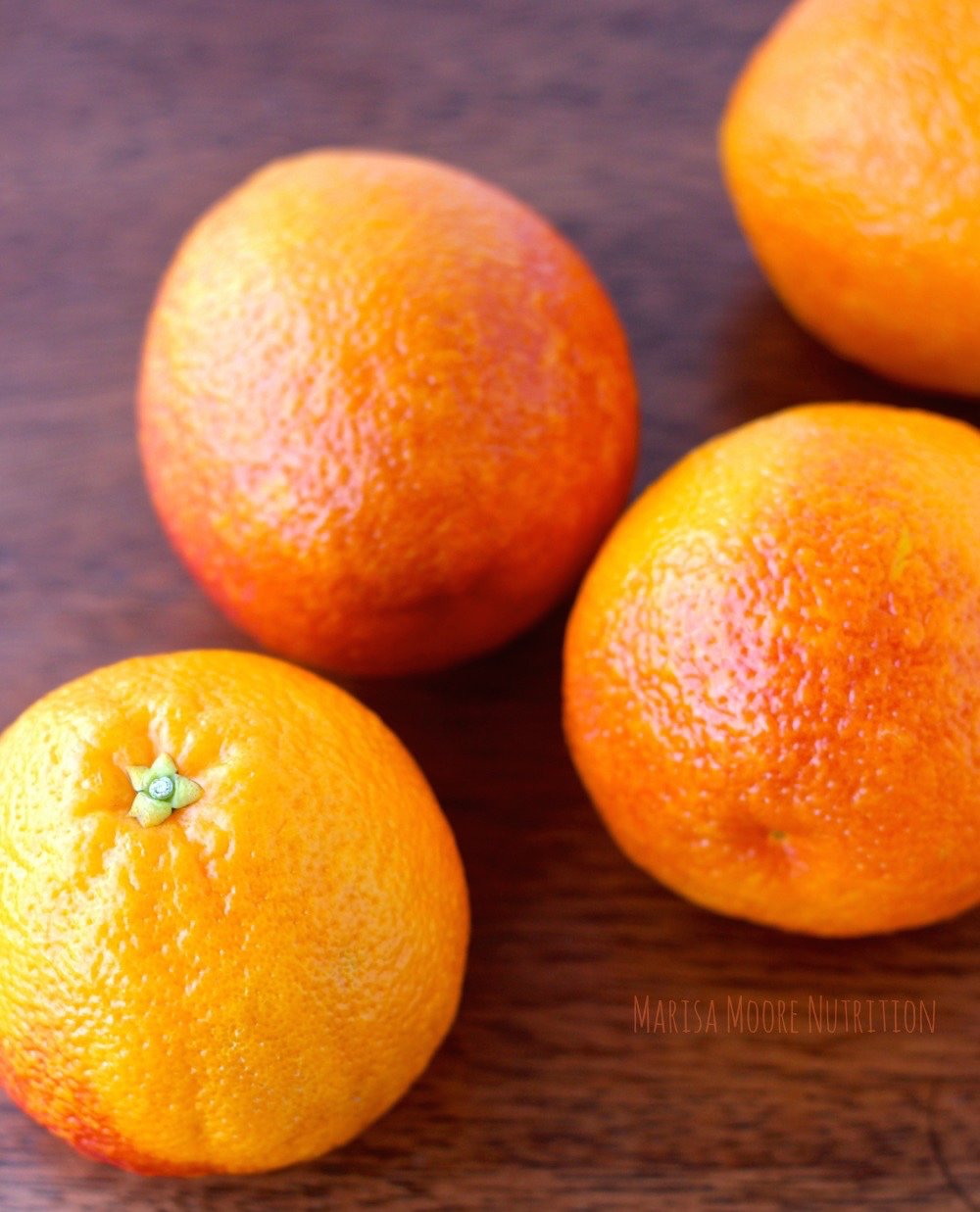If you’re like me, you try to treat the common cold naturally before going to the pharmacy. These common foods for the common cold may help you fight the symptoms associated with colds.
Spring is in view but throughout most of the country, it’s still pretty chilly outdoors. That means we’re still spending a lot of time indoors and that means colds are still being passed around. And I know this first hand… after a busy month with work and travel, I’m currently fighting what feels like a cold.
I’m a good hand washer. I’m that girl on the plane that carries the Clorox wipes to wipe down the armrest, seat belt buckle and tray table. I try to get enough sleep, eat well and otherwise take care of myself. But I’m no superwoman… every now and then, I get sick too.
The common cold is more annoying than harmful but it can certainly derail a day. Ugh! The reality is there’s no cure for the common cold. You have to go through it. BUT how you treat yourself and what you put in your body may determine just how long you must endure the congestion, coughing and sneezing and other symptoms.
In a perfect world, you’d never have to fight a cold but we have to work at staying healthy. The CDC recommends these tips to decrease your chances of catching a cold:
- Stay hydrated.
- Wash your hands regularly and try not to touch your face – especially if you’ve been around someone who’s sick.
- Limit stress. This is easier said than done but well worth the effort. Stress can negatively impact the immune system making you more susceptible to illness.
- Get enough sleep (7-9 hours for most adults). Sleep can help the keep the body’s immune system charged and ready to fight. If you already have a cold, getting proper sleep can help your body recover.
[Tweet “Got a cough? Try these common foods for the common cold from @marisamoore!”]
If you do get a cold, try these common foods for the common cold:
Chicken Soup. Grandma was right. Chicken soup may help you feel better when fighting a common cold. Research regarding the exact mechanism that makes this homemade remedy work is still unclear. However, this nostalgic and hydrating soup will warm you up while possibly helping you get well quicker.
Honey. Honey is a sweet way to suppress coughs. Try it in a warm beverage or take a spoonful straight up. Remember: Honey should not be given to children under age 1 because of the risk for botulism poisoning.
Citrus for the Vitamin C. Long lauded as the way to prevent a cold, the strength of this water soluble vitamin is actually in its ability to reduce the severity of a cold once you have it. And if you’re thinking more must be better, don’t. Because it’s a water-soluble vitamin, once you have what you need, any extra vitamin C you take won’t stick around. It will just be eliminated in your urine so that doesn’t help anyone – unless maybe you own stock in the supplement company.
Though supplements are often the first way people tend to think of getting Vitamin C, you can easily get your daily vitamin C from food. This time of year, citrus fruits are in delicious abundance. Try oranges, tangerines, grapefruit, kiwi, berries, peppers, onions, cauliflower, broccoli, cabbage and other greens and many more.
Zinc. So this is a nutrient not a food, I know. But keep reading… Zinc is possibly effective against the common cold. While the research examining zinc’s ability to prevent colds is less convincing, the majority of studies show that zinc lozenges appear to reduce the length of the common cold in adults by 1-2 days. This doesn’t sound like much but think about this next time you have a cold. If a little lozenge can give you a day or two back, it may be worth it.
The research on zinc and the common cold has primarily studied the impact of lozenges and nasal sprays (which are controversial) versus food. But it’s a good idea to make sure you’re getting zinc rich foods in your diet daily since your body does not store it. Zinc is a key nutrient in wound healing, immune function and your sense of taste and smell among other functions. You can get adequate zinc by eating a variety of foods including beef, chicken, beans, cashews, oatmeal, yogurt and crabmeat. The highest food source is oysters – but I’ve never had these and can’t promise I ever will! Sorry. Not sorry.
In addition to these food remedies, when used correctly neti pots and humidifiers may also be effective against nasal congestion and sore throat.
Though fighting the common cold may seem like a futile battle at times, eating well, getting proper sleep and adding some of these options to the mix may tackle the symptoms and help you feel a little better. Rest is essential. In addition to helping you heal, it also keeps you from passing the misery on to family, friends and co-workers. Taking time to away from your normal busy routine will allow your body to recover and get the sleep you probably need anyway.
Note: I originally wrote a version of this article for US News & World Report in January 2016.



Drew
I’ve never heard of zinc curing the common cold but I am definitely going to look into it a bit more. Thanks so much for sharing.